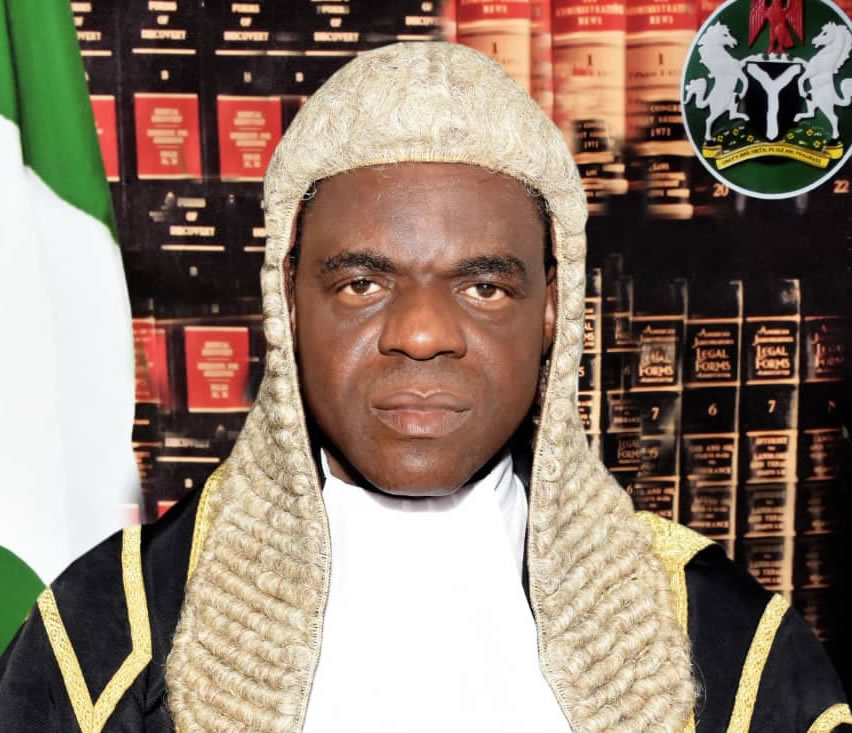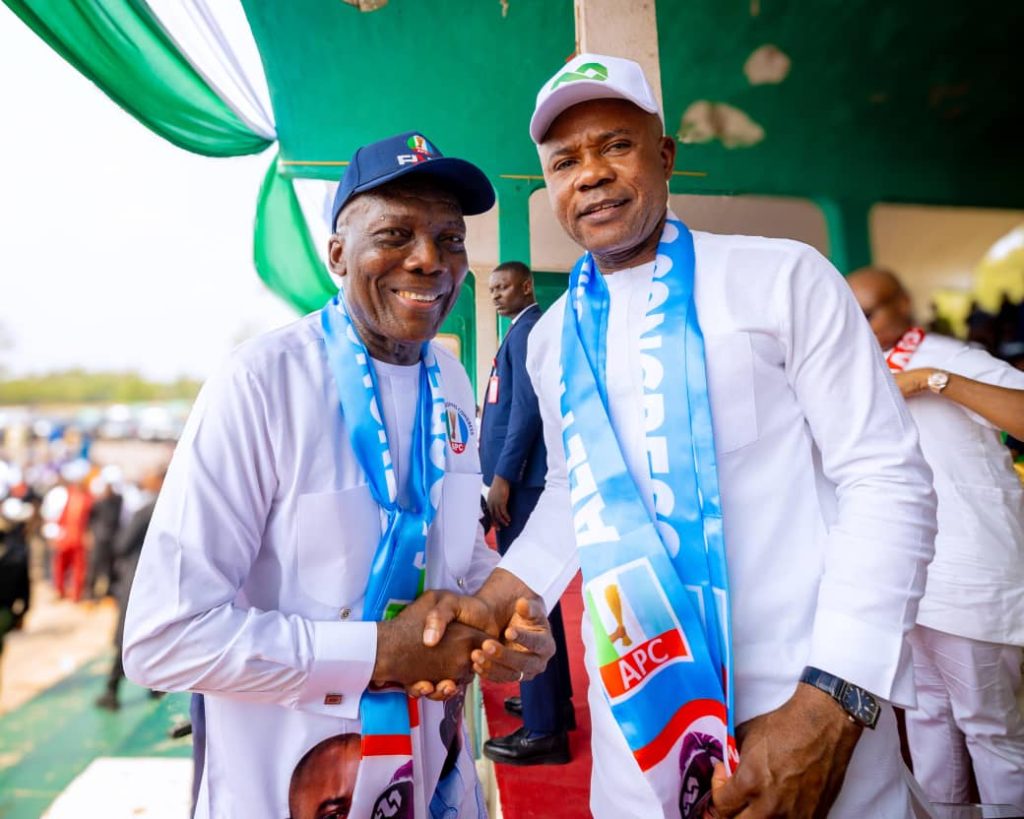Nigeria’s extractive industries watchdog has unveiled a three-part strategy aimed at balancing economic shifts toward renewable energy with equity for communities impacted by resource extraction. During the fourth National Extractive Dialogue (NED 2025) in Uyo, Akwa Ibom State, the Nigeria Extractive Industries Transparency Initiative (NEITI) emphasized data-driven governance, inclusive policymaking, and enforceable safeguards to navigate the sector’s transition.
Speaking at the event, NEITI Executive Secretary Dr. Orji Ogbonnaya Orji outlined measures to align Nigeria’s energy transition with climate justice goals. Central to the plan is the deployment of real-time data through NEITI’s newly launched Digital Transparency Backbone, a centralized platform tracking payments from mineral extraction—including ₦2.92 billion ($2.3 million) in gold royalties and ₦540.7 million ($430,000) in tin revenues—to ensure funds support community development. The initiative also introduces biannual climate performance reports and stricter oversight of oil and gas divestments to prevent environmental liabilities from falling on vulnerable regions.
“No justice exists without data, and no reforms can succeed without accurate records,” said Dr. Orji, urging governments to integrate NEITI’s findings into national planning. He called for a collaborative effort among regulators, companies, and civil society to prioritize environmental accountability and local industrialization, particularly for critical minerals like lithium and cobalt, which are vital for clean energy technologies.
The dialogue underscored mounting concerns over the social and ecological risks of unchecked divestments. Senator Ekong Sampson, representing Akwa Ibom South, warned that resource-rich states risk repeating past mistakes if legislative gaps persist. “Environmental liabilities must not be abandoned, and community trust funds must operate transparently,” he asserted, referencing Nigeria’s Petroleum Industry Act (PIA). Meanwhile, House Committee Chairman Gaza Gbefwi stressed Nigeria’s potential to lead in mineral-driven clean energy but emphasized the need for a Critical Minerals Development Bill to enforce ethical practices.
Environmental watchdogs echoed these priorities. National Oil Spill Detection and Response Agency Director General Chukwuemeka Woke highlighted legacy pollution from oil assets, urging stronger oversight to address unremediated spills, while industry group Oil Producers Trade Section reaffirmed commitments to sustainable partnerships.
Convened by advocacy group Spaces for Change, the summit positioned NED 2025 as a catalyst for redefining extractive governance. Victoria Ohaeri-Ibezim, the event’s convener, summarized the urgency: “Nigeria cannot afford to stumble blindly into this new era. We need collective action to ensure the transition is just in practice, not just policy.”
As global demand for critical minerals surges, Nigeria’s push for transparency and community-centric reforms signals its bid to reconcile economic transformation with social equity—a challenge resonating across resource-dependent nations.



